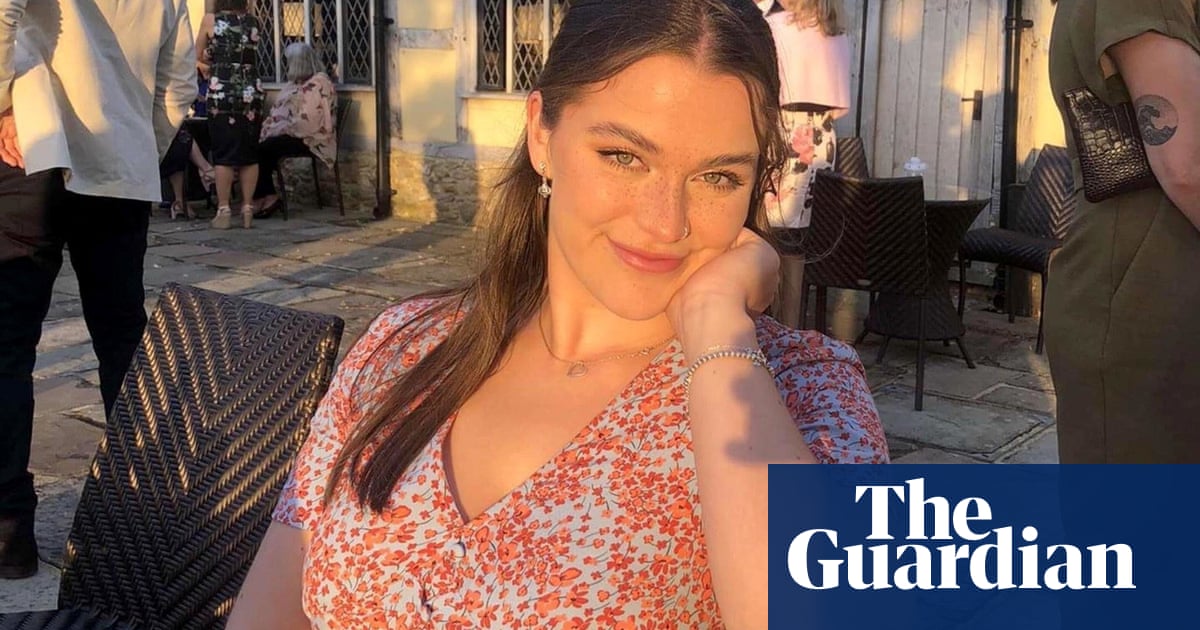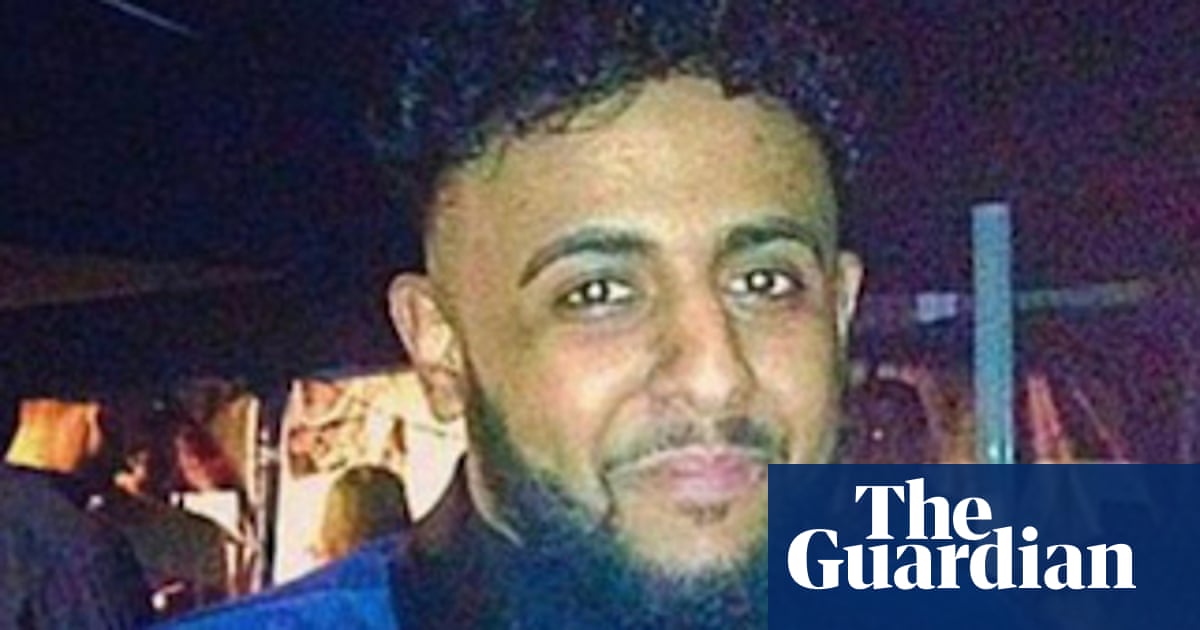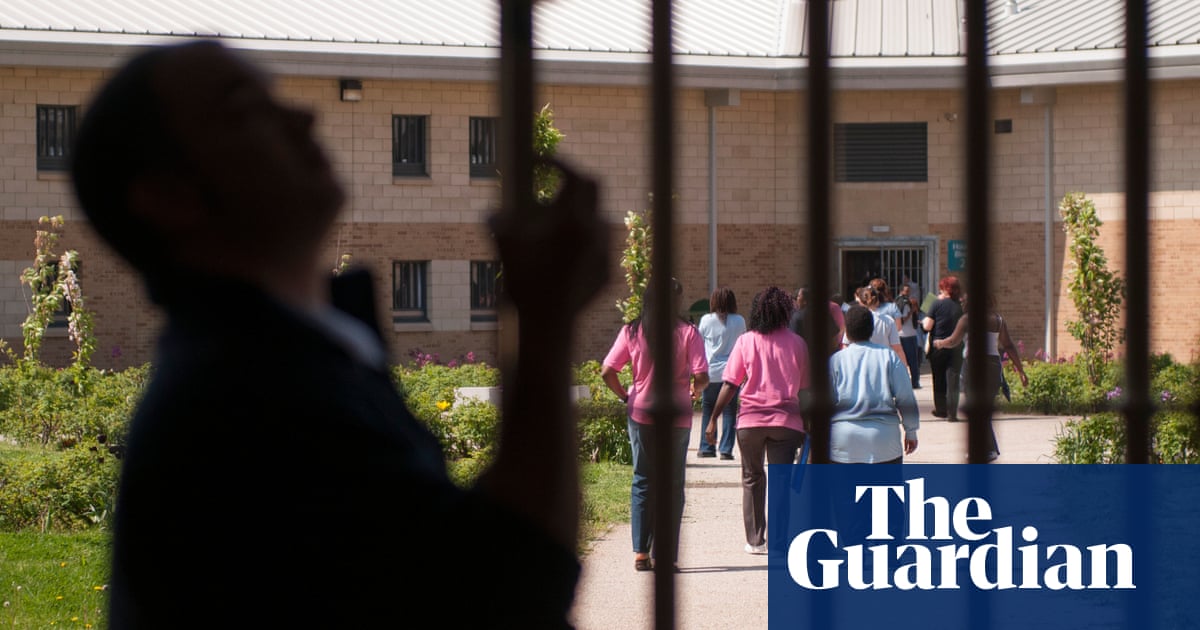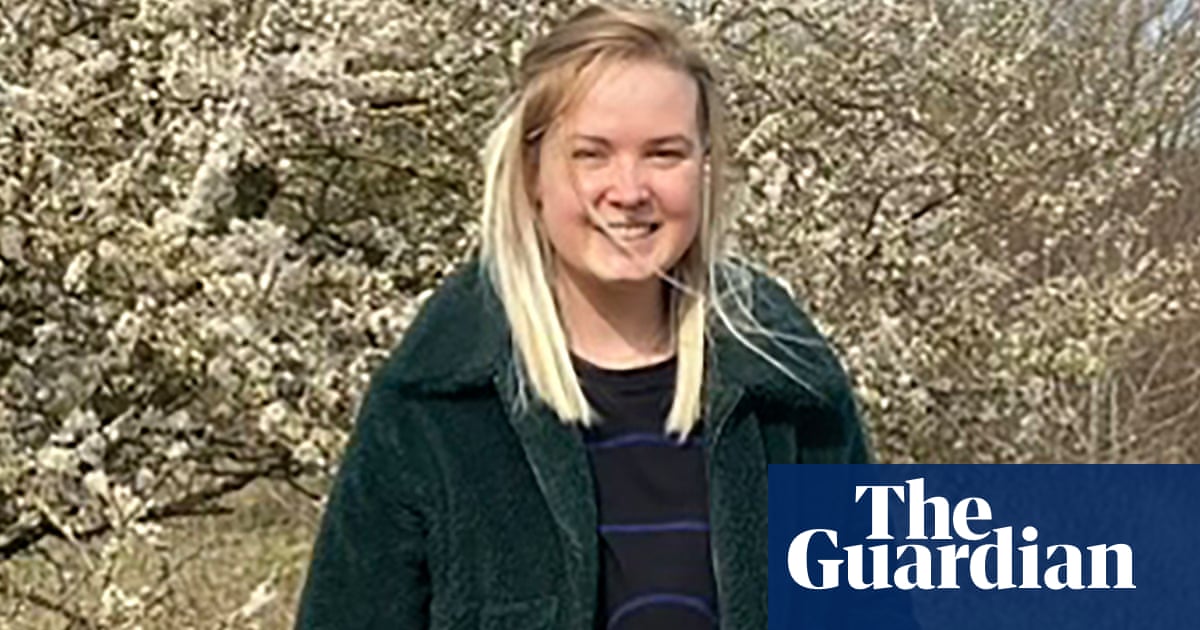
Overworked social workers struggled to put in place effective measures to support a vulnerable Eritrean teenager seeking asylum who went on to kill himself, an inquest has concluded.
The death of Alexander Tekle, who died a few months after turning 18 and less than a year after arriving in the UK, was a tragedy, the Westminster coroner Bernard Richmond said. Tekle killed himself in December 2017 in Mitcham, south London.
A dispute over Tekle’s real age meant that he was placed in inappropriate adult Home Office accommodation when he was still a child. Tekle had been making progress in settling down in the care of Kent county council before he was wrongly deemed to have turned 18, and as a result lost the support services available to unaccompanied child asylum seekers. The coroner concluded that Kent “did not do anywhere as much as they might have done to keep Alex in their care”, and as a result an opportunity to support him was lost.
Several factors led to him falling through the net, the coroner concluded, highlighting that he had been assigned to an inexperienced social worker when instead he needed someone who recognised that he was in a “destructive spiral”.
The inquest heard that another social worker responsible for Tekle’s welfare was working with a caseload of 25 young people and struggled to find the time to provide the intensive support he needed.
Tekle’s inquest is the last to be heard into the suicides of four young Eritrean asylum seekers, all friends, who took their lives within a 16-month period after arriving in the UK. The inquests have shone a spotlight on how young unaccompanied asylum seekers are looked after by local authorities on arrival in the UK.
Tekle was described by the coroner as a “well-loved and loving son and brother” who had “in his short life had to cope with a number of challenges which no 16 or 17-year-old should have to face”.
He arrived in the UK hidden in the back of a refrigerated lorry at the end of December 2016, weeks after French police cleared the informal refugee camp in Calais.
The inquest heard that Tekle began using alcohol during the year he spent living in very difficult and dangerous conditions in the Calais camp, and had developed a serious alcohol addiction by the time he was moved from Kent to London, when he was placed in the care of Croydon council. Friends said he used alcohol to manage extreme stress connected with witnessing fellow refugees die during his journey from Eritrea and with the constant anxiety he felt about problems with his asylum application. He was also very depressed by the recent suicide of his friend Filmon Yemane.
Although two of his key workers gave him support “above and beyond what might have been expected” they were unable to get Tekle into an alcohol rehabilitation facility quickly enough.
Yemane had recently turned 18 when he took his own life in November 2017. Osman Ahmed Nur, 19, was found dead on 10 May 2018 in a communal area of a young people’s hostel in Camden, north London. Mulubrhane Medhane Kfleyosus, 19, was found dead on 18 February 2019 in Milton Keynes.
Benjamin Hunter, who met Tekle as a volunteer in Calais, and who continued to support him in the UK, said: “The wider context of this is that the UK government has cut the budgets available to local authority children’s services to the bone. This government has scapegoated asylum seekers and attacked unaccompanied children as frauds.
“Alex was deeply caring. He wanted to study, to improve his English, to give back to his family. He will be forever missed by his parents, his older brother, his two younger sisters, and those of us who were his friends. We want to make sure that what happened to Alex never happens to anyone ever again.”
Helen Johnson, the head of children’s services at the Refugee Council, said the barriers faced by child refugees trying to get the care and support they needed on arrival in the UK were “hugely damaging”. “Often the capacity and capability of hard-pressed and under-resourced children’s social services means the needs of these extremely vulnerable children and young people aren’t always met. We urgently need to review the way our asylum system and our children’s social care system treats them so they are given the best possible chance of a safe future,” she said.












